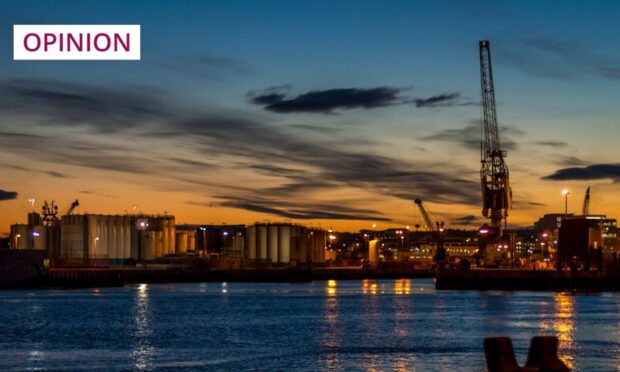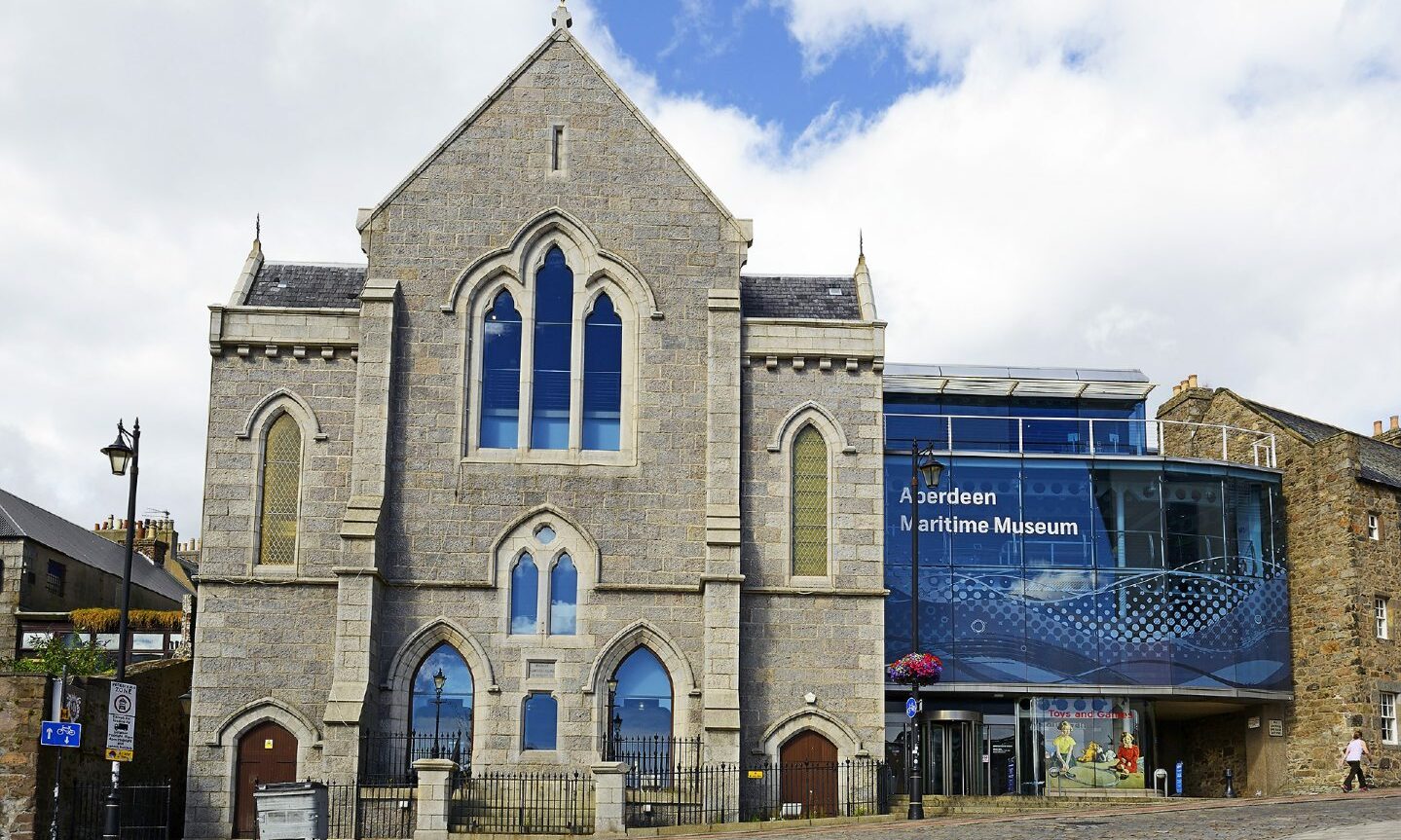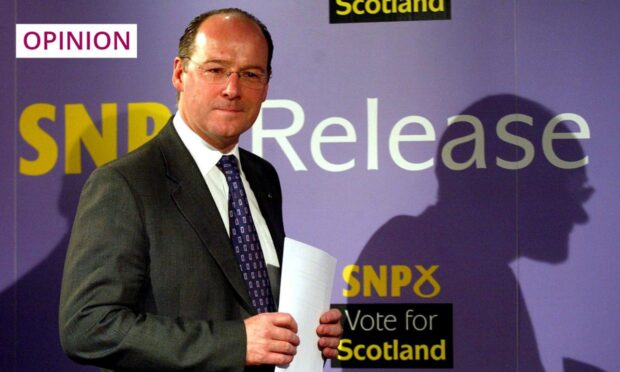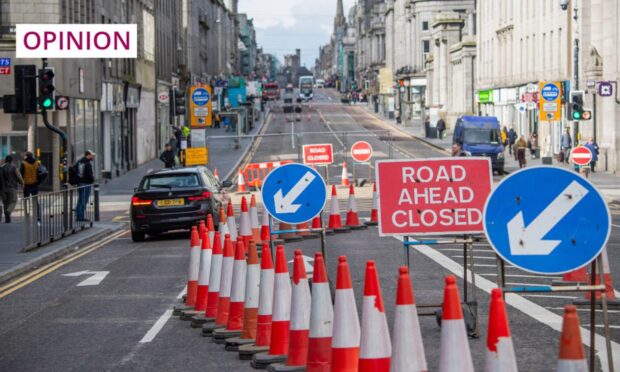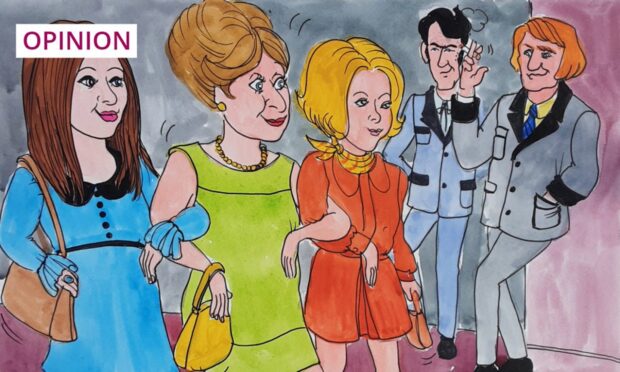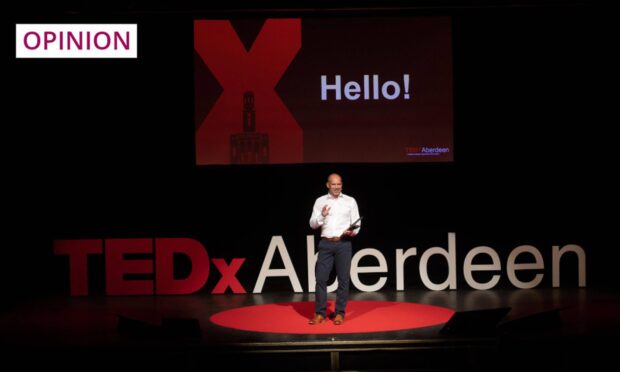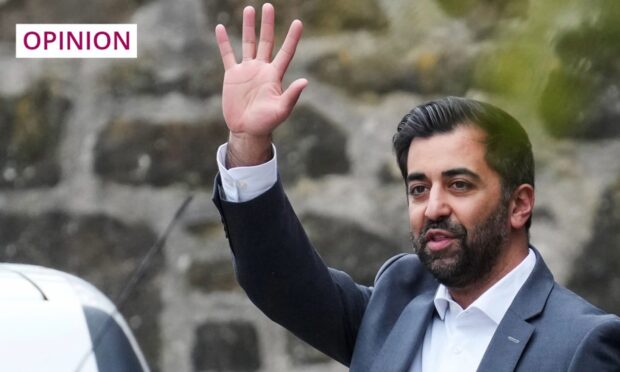History shows us that when a nation strikes oil, the consequences can be both a blessing and a curse.
Sure, the big petroleum boys come piling in, there’s a frenzy of high-priced activity and new jobs of all kinds for the locals. But, once the oil starts flowing, the real spoils of the enterprise always seem to get diverted elsewhere.
I imagine Aberdonians have their own opinions on what economists call “the oil curse” – oil having been so vital to Scotland’s story since the North Sea strikes of the 1960s that transformed Aberdeen into a European energy capital. I have opinions of my own, such that I’ve written a novel, The Black Eden, which makes a drama out of the hunt for “black gold” and what its discovery did to Scotland.
The book tells the tales of a diverse band of aspirant Scots who fall upon the opportunities held out by oil: turning their hands to petroleum geology or saturation diving, to grafting as roughnecks and roustabouts, even to setting up Scotland’s first merchant banks. The rising desire for independence belongs to this story, too.
Undoubtedly, the oil made Scotland think hard about its place in the world and what it was truly entitled to.
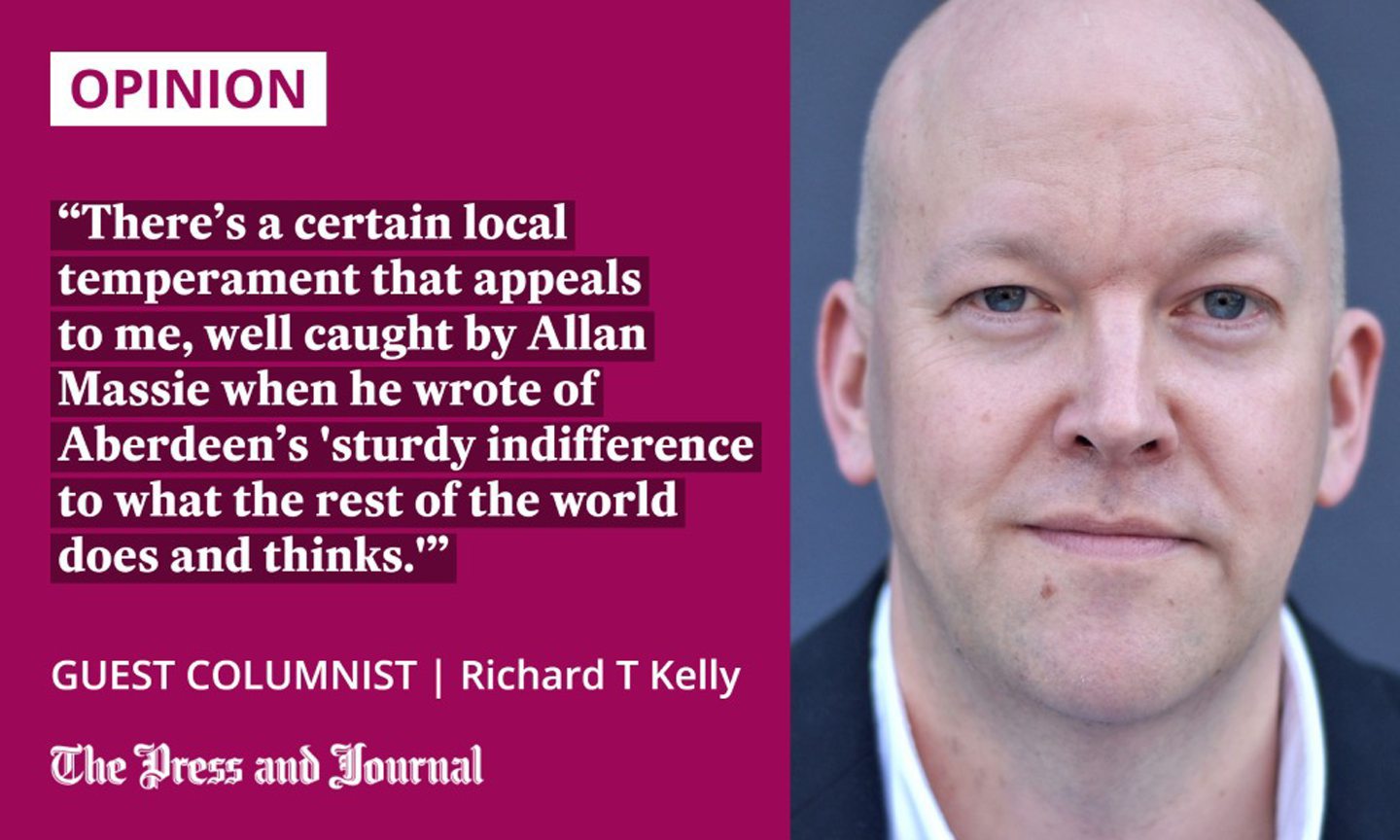
I’m from Newcastle myself, but I feel that Scots and Geordies share a few cultural things in common, so many of us coming from river cities with quarried stone architecture and deep rural hinterlands. Maybe we also share in that sense of being considered peripheral to the presumed centre of the UK, having our affairs determined by outsiders rather than those preferred locally.
So, I hope I have credentials for taking on the North Sea story. In truth, given its seismic impact, there has been surprisingly little fiction on the subject. John McGrath’s legendary play The Cheviot, the Stag and the Black, Black Oil still seems like a benchmark, with its acerbic vision of oilman “Texas Jim” as just the latest interloper mounting a raid on Scotland’s resources. But that was 1973, and I felt like there was scope for a new take.
The Granite City’s next chapter is about to be written
Researching my novel meant that I spent a lot of time wandering round Aberdeen and up north in Easter Ross, trips that I really relished. There’s a certain local temperament that appeals to me, well caught by Allan Massie when he wrote of Aberdeen’s “sturdy indifference to what the rest of the world does and thinks.”
Such was the culture into which the Texan oilmen intruded back in the 1960s, searching for El Dorado in the Granite City. Local history records the first sightings on Union Street of bullish men in Stetsons and cowboy boots; in my Black Eden, a veteran wildcatter called Clay Paxton represents this American invasion.
Somehow, though, the oil business renders itself secret and invisible to the naked eye, sited miles offshore or in the deep underworld of pipelines. Even amid the boom year of 1975, the journalist Mervyn Jones observed of Aberdeen that “one could pay quite a lengthy visit without being aware of North Sea oil at all.” Nearly 50 years later, I imagine visitors struggle to make out many markers of the mighty upheaval the oil made. That past has become ghostly.
On my first visit, I went directly to the harbour, as I’m sure others do, the waterfront being so integral to Aberdeen’s history. It certainly remains a hub of industry, albeit given over to freight and ferries rather than fishing or oil. Yet, the harbour feels strangely inaccessible and forbidding, with its big trucks and high fences and zero pedestrian access.
The excellent Maritime Museum offers maybe the finest view on the harbour, on top of telling a superbly curated story of oil within the wider context of Aberdeen’s seafaring history. The next chapter in that history is about to be written, one in which renewable energy expects a starring role. But oil and gas have their parts still to play in the coming transition: they are not done yet.
This is no one-trick pony
Going about Aberdeen, I sometimes heard tough words from local people about how the city looks and feels now. Like my native Newcastle after the industrial decline of the 1980s, it’s maybe in need of regeneration.
Aberdeen certainly needs to retain its status as a great energy city. But it’s a city of culture, too
No thriving place can be a one-trick pony: cities require diverse economies if they are to flourish. The great Labour MP Manny Shinwell, who represented constituencies in both West Lothian and County Durham, once warned the north-east of England that if all it had was coal, then it had nothing.
Aberdeen certainly needs to retain its status as a great energy city. But it’s a city of culture, too, with fine museums and galleries, music and literature. My fictional version of Aberdeen’s oil story is meant as a respectful offering to that culture, and I hope that more and more various retellings of the legend lie ahead.
Richard T Kelly is a novelist and non-fiction writer. His latest novel, The Black Eden, is published on July 6
